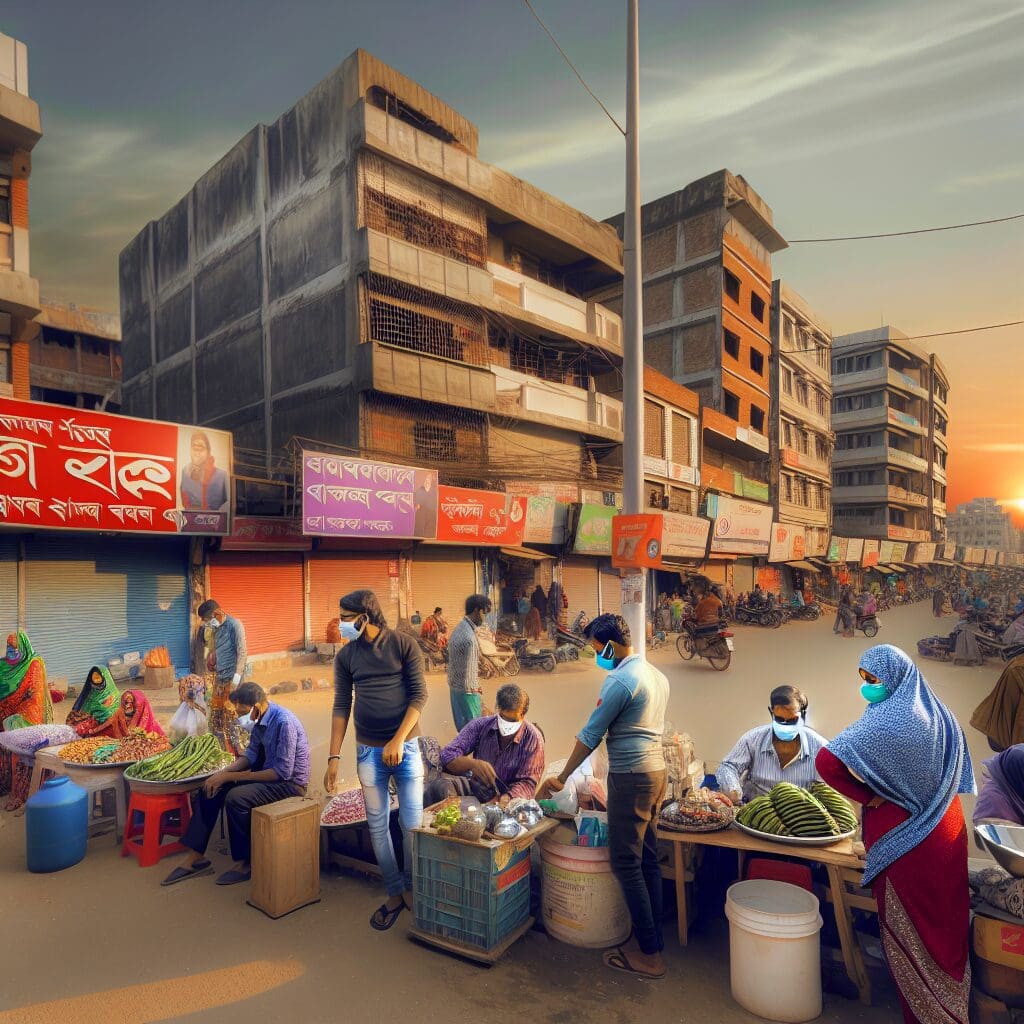Bangladesh is making headlines as it eases a nationwide curfew, a direct response to deadly protests against a government job quota system. This development signals an urgent effort by the Bangladeshi government to stabilize its economy, particularly the crucial garment sector, which comprises over 80% of the nation’s exports.
The nationwide unrest, sparked by students protesting the controversial quota system, led to tragic consequences with more than 170 lives lost. As the economy faces substantial losses estimated at 100 billion taka (approximately $850 million), the government is keen to restore normalcy. Home Minister Asaduzzaman Khan announced the relaxation of the curfew, allowing garment factories and banks to resume operations from 10 am to 5 pm, signaling a commitment to maintaining economic vitality amid political turmoil.
International scrutiny looms large, especially from the United States, the largest buyer of Bangladeshi garments. Matthew Miller, a spokesperson for the U.S. Department of State, emphasized the need for the Bangladeshi government to respect the rights of peaceful protesters, highlighting potential consequences for their garment trade and diplomatic relations.
Government officials, including Prime Minister Sheikh Hasina, face a challenging path, attempting to balance economic stabilization efforts with the growing unrest. With foreign exchange reserves dwindling to $21.8 billion, the government is simultaneously negotiating with international creditors to mitigate economic fallout.
This situation serves as a wake-up call for stakeholders in the global fashion industry, who must remain vigilant and responsive to the socio-political dynamics affecting their supply chains and ethical sourcing practices.












